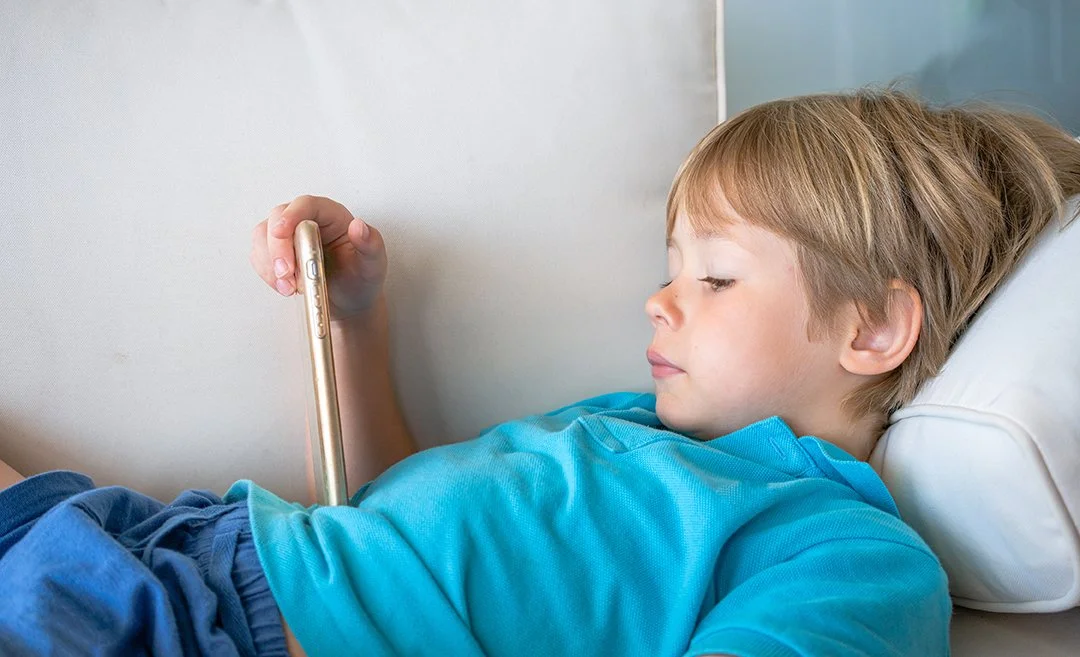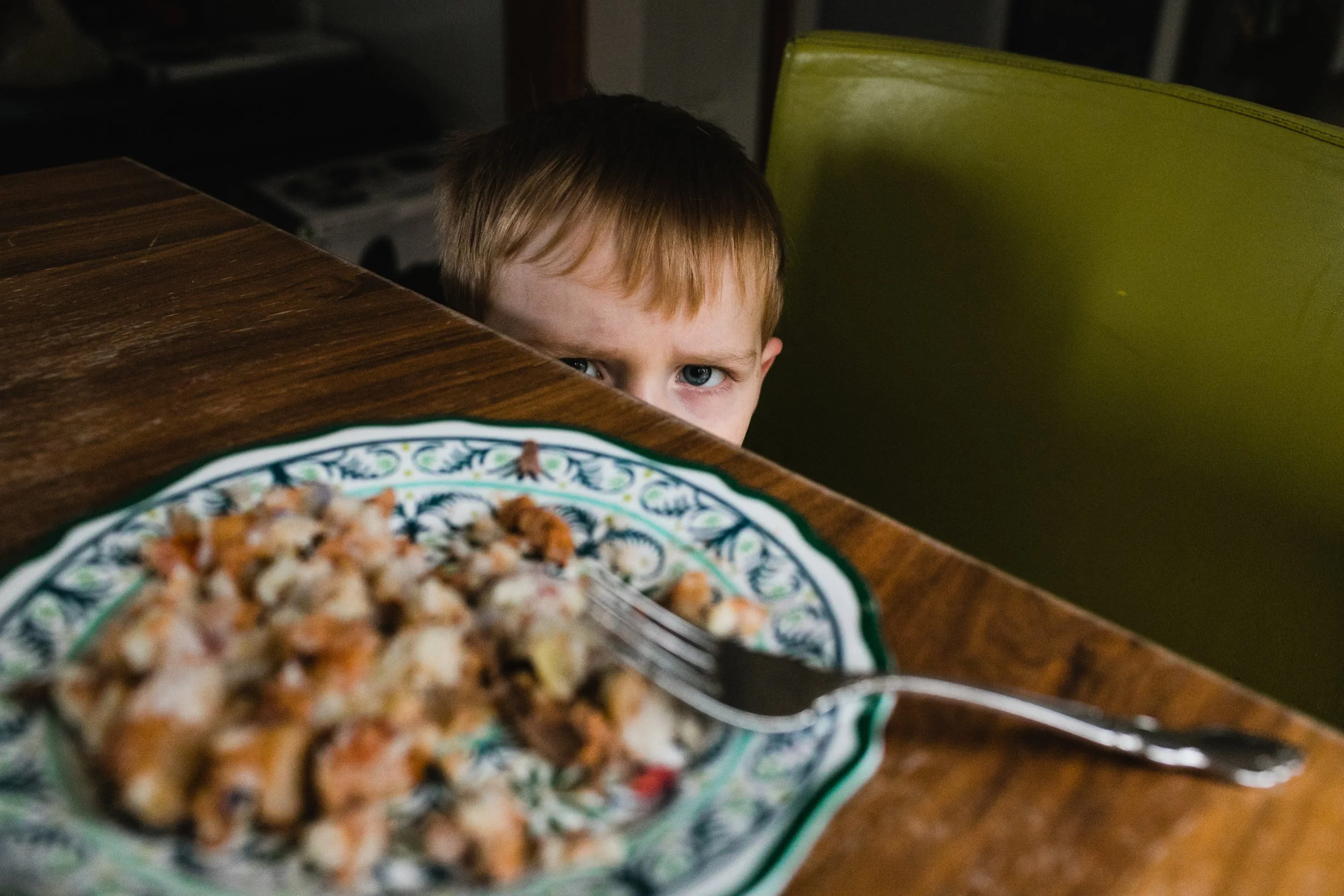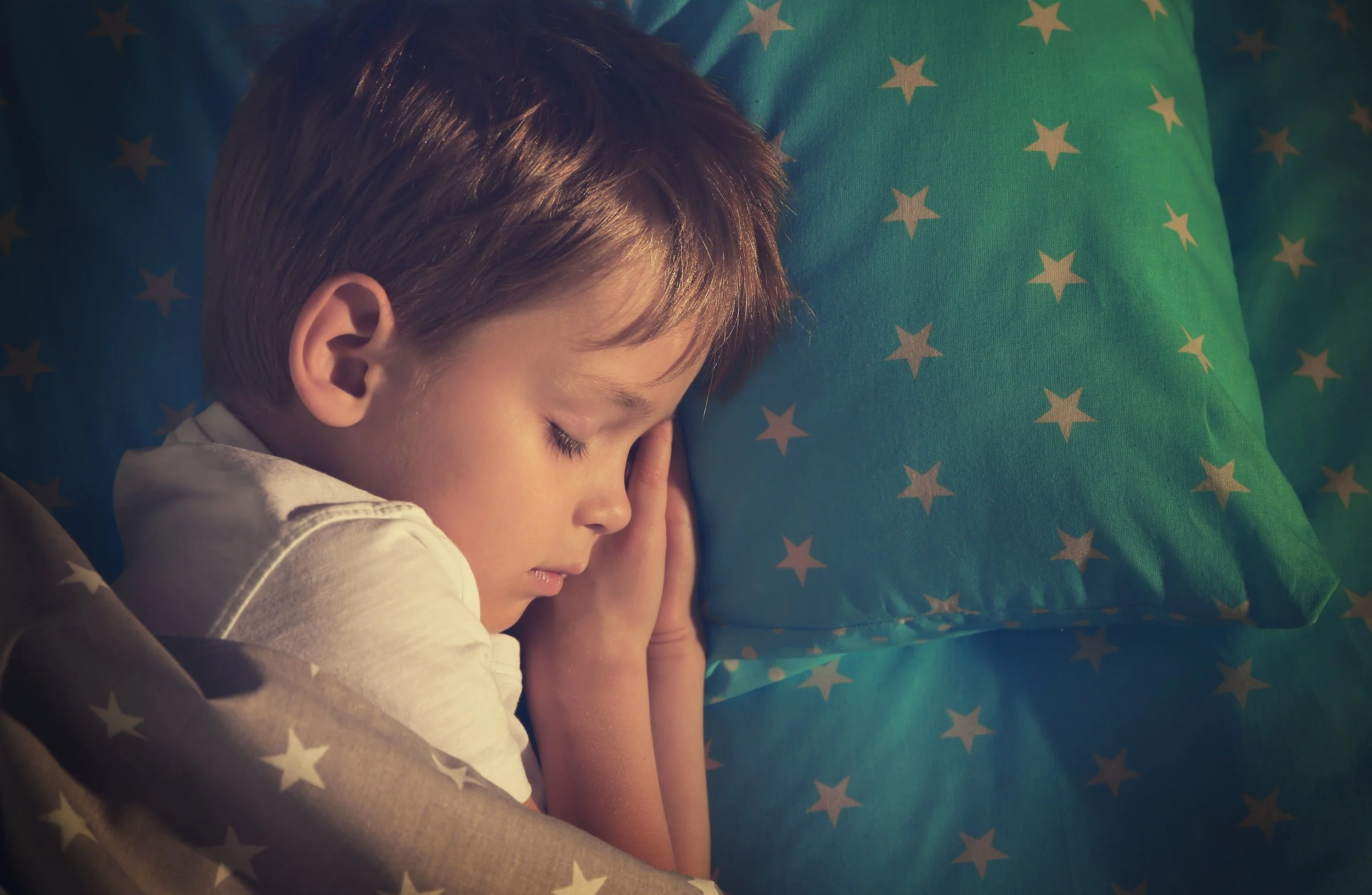A good night’s sleep is essential for learning, focus, and emotional well-being — especially for children with language-based learning differences. As the school year gets underway, now is the perfect time to revisit your child’s bedtime routine and make sure it’s setting them up for success.
Read MoreIt’s normal to lose your cool sometimes as a parent. And parenting a child with learning and thinking differences can be especially tricky. When you feel yourself getting upset with your child during a confrontation, having a cool-down plan in place can be a big help.
Review these steps and personalize your plan when you’re feeling calm. It can help you stay cool in the heat of the moment.
Read MoreHow are young children engaging with technology in today’s digital world? A new report from Common Sense Media, The Common Sense Census: Media Use by Kids Zero to Eight, provides critical insights into kids’ screen time, gaming, and digital habits in a post-pandemic era.
Read MoreMany children struggle with transitions, which are common triggers for behaviors that range from annoying (whining, stalling) to upsetting (tantrums and meltdowns).
There are many ways parents and teachers can help kids have an easier time with transitions — and be able to behave better—but it may take a little experimentation to find out what clicks with each particular child.
Read Moreor most parents setting boundaries for young kids’ behavior is second nature: No hitting. Don’t interrupt. We don’t grab toys out of other kids’ hands.
But as kids get older, boundaries for social interaction are important too. They need to learn to set boundaries for themselves and respect those of others. And that takes empathy — being able to recognize what others want and need, as well as what they themselves want and need.
Read MoreWhile a younger child may conjure up an elaborate tale about how she couldn’t possibly have kicked a younger sibling, older kids may flat-out lie about doing their homework. Discover why kids lie and what parents can do about it.
Read MoreThere's no place like home for the holidays. But what happens when boredom sets in and screen time arguments begin? Check out these useful tips from Dr. Becky of Parents.com on managing kid’s screen time.
Read MoreHalloween is exciting. It’s also noisy, chaotic, and full of distractions. These are challenges for kids who struggle with focus and self-control, like kids with ADHD. With a little planning, though, you can limit problems without limiting the fun for your child. Here are common Halloween challenges for kids with ADHD, and how to help.
Read MoreThe Child Mind Institute recently posted this insightful video that will help you Discover the impact of parental anxiety on children and effective strategies for managing stress with mindfulness techniques.
Read MoreADHD doesn’t cause depression, but the two conditions often occur together. Kids with ADHD are much more likely to be depressed than kids who don’t have ADHD. That’s especially true as they hit the teen years.
Why do these conditions often co-occur? One reason is that ADHD can create a lot of challenges for kids, and those challenges can lead to depression. School and behavior problems can wear down their self-esteem. Trouble with social skills can make them feel isolated.
Read MoreTips for keeping kids happy and able to enjoy the fun, by Rachel Ehmke and the Child Mind Institute.
Read MoreRich experiences—from play to the arts and relationships—fundamentally shape a young child’s development.
Read MoreHere is the best guide to helping kids do homework successfully that we’ve seen, published by the National Association of School Psychologists on their website, NASPonline.org. Our thanks to NASP and the Child Mind Institute for sharing it with us.
Read MoreA “Sensory Diet” incorporates activities throughout the day which provide “food” for the brain and help to create a healthy neurological sensory processing system. A sensory diet rich in movement and touch experiences can facilitate improved cognition, organization of behavior, and more accurate interpretation of sensory information.
Read MoreA balanced diet is key for a child’s growth and development. Here are some tips to help you introduce new elements into a child’s diet when they are a picky eater.
Read MoreThe #1 tip for good sleeping habits in children is to follow a nightly routine. A bedtime ritual makes it easier for your child to relax, fall asleep and sleep through the night. Here are some great tips.
Read MoreChange can be difficult; endings can be even more challenging. As the summer winds down, educators, parents, students, and other professionals are asking the same question, “how do we physically, emotionally, academically, and mentally prepare for the school year ahead?”
Read MoreInstead of asking “How was school today?”, here’s a list of more engaging questions to ask your child. They aren't perfect, but you might at least get complete sentences, and some have led to some interesting conversations... and hilarious answers... and some insights into how your kids think and feel about school.
Read MoreThe symptoms of anxiety that most of us think of are clinging to parents, avoiding things or being very shy. But problem behavior can also be a symptom of anxiety. That’s because some anxious children feel an overwhelming need to get out of the situation that’s making them uncomfortable. That behavior may look like anger or defiance. Learn more about what kinds of help are available for anxious kids who act out…
Read MoreNew research shows play-based learning can be more effective than direct instruction at improving outcomes for early learners—particularly in the development of mathematical and spatial skills.
Read More















